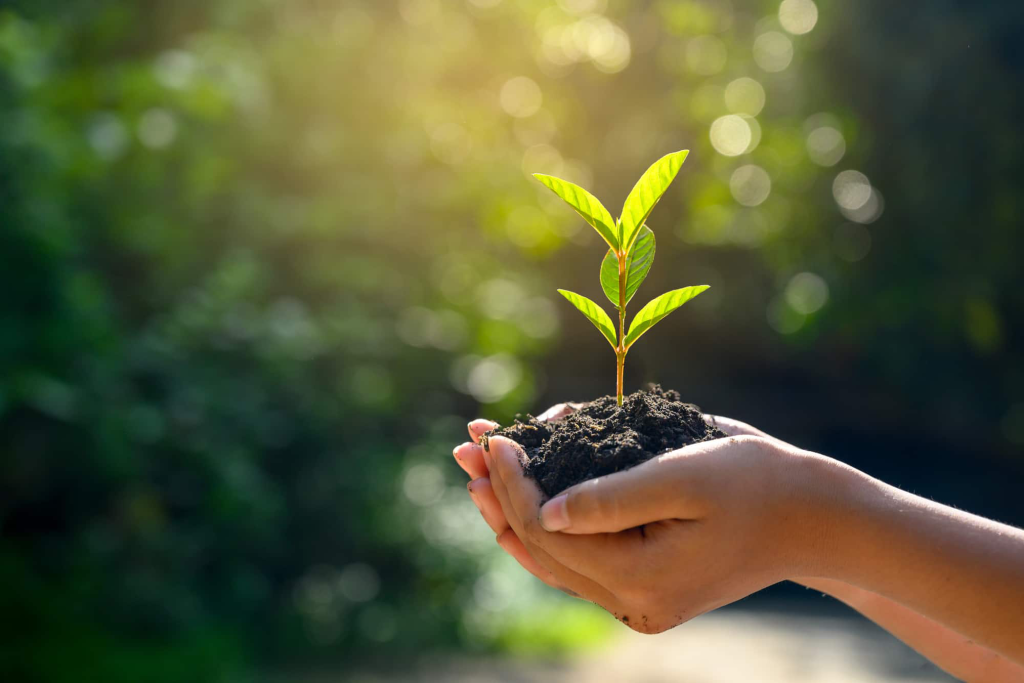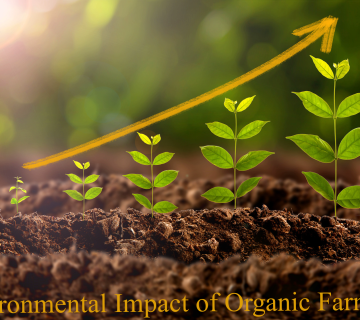Because water is one of the most important resources for agriculture, and because there is an increasing demand for food all over the world, there is an ever-increasing amount of pressure to use water in a more effective manner. This is where organic farming comes into play, as it provides a variety of practices that can help conserve water, protect the quality of water, and keep the soil healthy.
This article will discuss the various ways in which organic farming encourages water conservation, as well as the ways in which these practices can contribute to the development of sustainable agriculture.

- Soil Management
Organic farming practices promote soil health, which in turn can help retain water in the soil. Healthy soil can absorb and hold more water, which means less water runoff and more efficient use of water resources.
Organic farmers achieve this through practices such as crop rotation, composting, and cover cropping. These practices can increase soil organic matter, which improves soil structure and water-holding capacity.
- Conservation Tillage
Conservation tillage is a practice that minimizes soil disturbance, which can help reduce soil erosion and water runoff. This practice also promotes soil health and can help increase water-holding capacity.
Organic farmers use conservation tillage methods such as no-till, strip-till, and reduced tillage. These practices help maintain a protective layer of organic matter on the soil surface, which can help reduce evaporation and retain moisture.
- Drip Irrigation
Drip irrigation is a method of watering crops that uses less water than traditional irrigation systems. This practice involves delivering water directly to the roots of plants through a series of tubes or hoses. This method can reduce water loss through evaporation and runoff, and can also help improve water-use efficiency.
Organic farmers use drip irrigation to conserve water and improve crop yields. This practice is particularly useful in areas with limited water resources or where water is scarce.
- Water Recycling
Organic farming also promotes the recycling of water. This practice involves collecting and reusing water from various sources, such as rainwater, runoff, and wastewater.
Water recycling can reduce the need for additional water resources and can help prevent water pollution. Organic farmers can collect rainwater in barrels or tanks, and use it for irrigation or other agricultural purposes.
- Crop Selection
Organic farmers also choose crops that are adapted to the local climate and water availability. This practice can help reduce the need for irrigation and can help conserve water resources.
For example, drought-resistant crops such as sorghum and millet require less water than other crops such as corn or soybeans. Organic farmers can also select crops that have shorter growing seasons, which can help reduce the amount of water needed for irrigation.
organic farming practices promote water conservation and can help protect water quality and soil health. By using practices such as soil management, conservation tillage, drip irrigation, water recycling, and crop selection, organic farmers can reduce their water usage and help maintain the sustainability of agriculture. By adopting these practices, we can all contribute to a healthier and more sustainable future for agriculture and our planet.





No comment